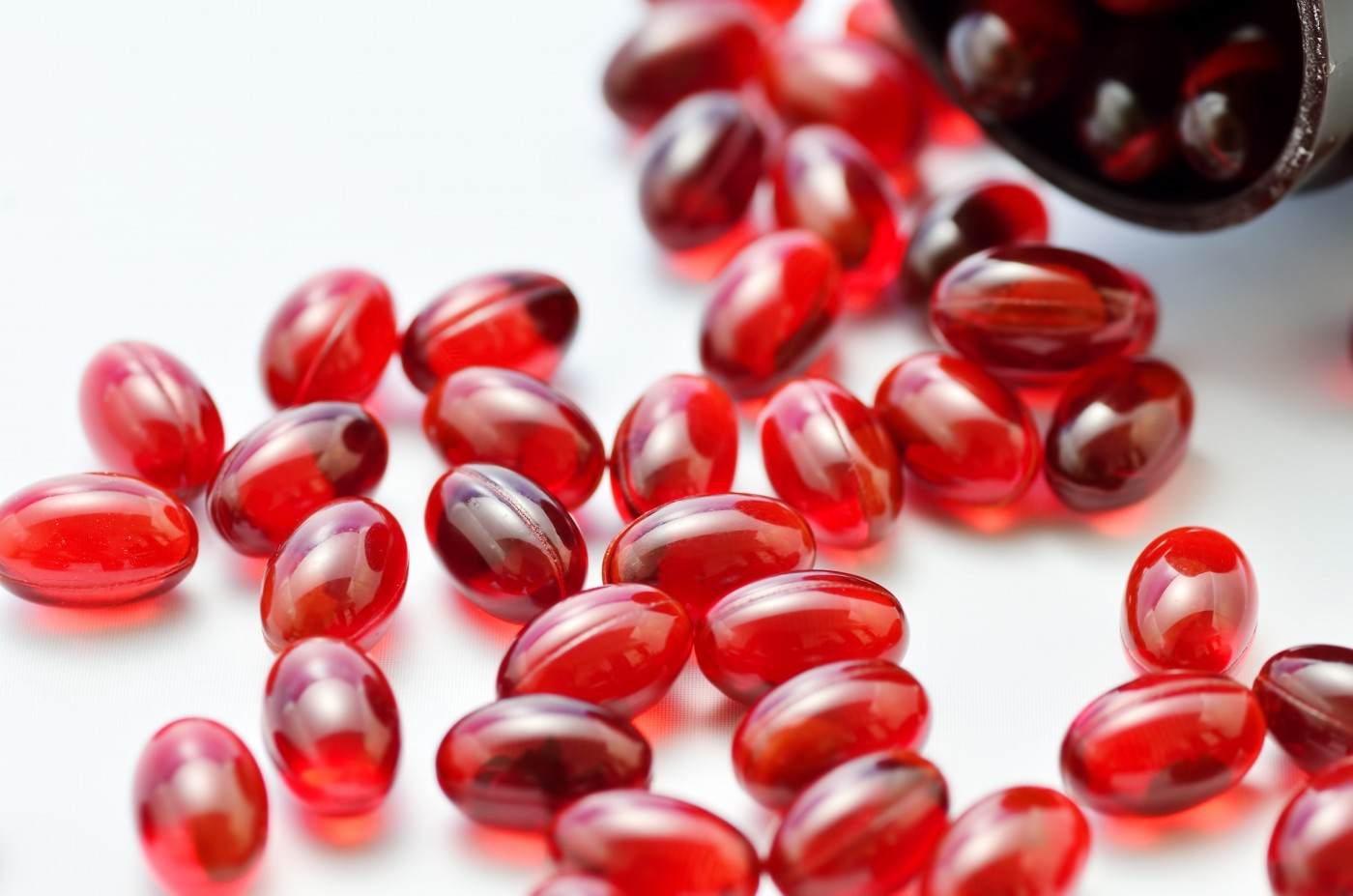Researchers Discover Novel Insights Into the Link Between Krill Oil, Mitochondrial Dysfunction and Fatty Liver Disease

Researchers at Università del Salento in Italy recently revealed new insights into the link between krill oil, mitochondrial dysfunction and fatty liver disease. The study was published in the journal BioMed Research International and is entitled “Krill Oil Ameliorates Mitochondrial Dysfunctions in Rats Treated with High-Fat Diet.”
Hepatic steatosis, the abnormal retention of fat in liver cells, develops when the body creates excessive fat or cannot metabolize it fast enough. The most common cause of hepatic steatosis is alcoholism, although it has also been observed as a result of obesity, diabetes, and as a side effect of certain medications.
Recent studies have focused on the potential contribution of dietary fat to hepatic steatosis pathology. It is known that a high-fat diet can induce hyperglycemia (high blood sugar levels), hyperinsulinemia (high blood insulin levels), obesity and non-alcoholic fatty liver disease.
It has been suggested that hepatic mitochondrial dysfunction plays a key role in the development of non-alcoholic fatty liver disease. Mitochondria are small cellular organelles responsible for the production of energy (in the form of ATP) in the body through the process of respiration.
Studies have reported that krill oil, an extract from a species of Antarctic krill (a shrimp-like zooplankton) that is rich in omega-3 fatty acids, when consumed as a dietary supplement can improve lipid and glucose metabolism, potentially having a protective effect against hepatic steatosis.
RELATED: Mitochondria and the Many Disorders That Compose “Mitochondrial Disease”
In the study, researchers analyzed the potential protective effect of krill oil on the mitochondrial energetic metabolism in rats under a high-fat diet. The animals were divided into three different groups: one that received a standard diet (control group), another one with a diet of 35% fat, and a third one that was fed with a high-fat diet supplemented with 2.5% of krill oil. The animals were fed with each diet for four weeks.
Researchers found that krill oil seems to promote the burning of the excess fat introduced through the high-fat diet, and that this effect is reached by the stimulation of specific mitochondrial metabolic pathways (including fatty acid oxidation, respiratory chain complexes activity and the Krebs cycle). These mitochondrial pathways were found to be impaired in animals under high-fat diet.
The research team concluded that krill oil can reverse the negative effects of a high-fat diet by restoring a proper mitochondrial energetic metabolism. The authors believe that their results suggest that the regulation of the mitochondrial function and of mechanisms related to fat accumulation in the liver could provide potential therapeutic targets for fatty liver diseases. The team suggests that additional studies should be conducted in humans to confirm these findings.






